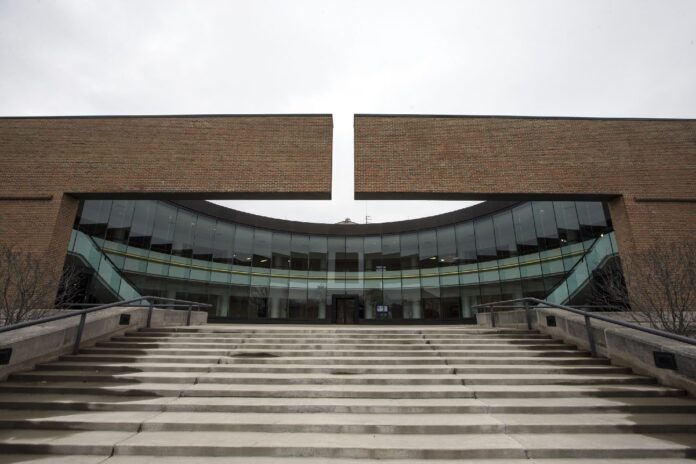Columbus City Utilities expects to see a 20% increase in water and sewer revenue for 2022, largely due to its recent rate increase cases.
Interim Director Keith Reeves presented the department’s 2022 budget to Columbus City Council Tuesday night. Mayor Jim Lienhoop said that the council will vote on a resolution approving the budget at the council’s next meeting on Dec. 7.
According to the department’s 2022 financial plan, the proposed budget for water is about $7.04 million; sewer is about $14.66 million.
Combined revenue from water and sewer is expected to rise from a projected $16.8 million in 2021 to about $20.2 million in 2022 — or about 20.5%.
Water income is projected to increase by 30% due to the recently adopted rates, and sewer income is expected to rise by 16.2%. Projected sewer revenue for 2021 is about $11.54 million; the 2022 projection is $13.41 million. Projected water revenue for 2021 is $5.26 million; the 2022 expectation is $6.83 million.
Officials added that even with the rate increases, “Columbus is still one of the lowest cost utilities in Indiana.”
However, while income is projected to rise, water sales are expected to decline, which Reeves said is an “ongoing issue.”
“The new industry at 9th Avenue foods is expected to be a large customer for us and may change the direction of this graph for a while,” he told the council. “We don’t anticipate, from best information right now, we don’t anticipate them being online … with a lot of significant volume throughout 2022.”
The utilities is still seeing customers with overdue payments, Reeves said. As of early October, there were 800 accounts with past due balances totaling more than $160,000.
“Since September, we’ve been involved in a program to kind of correct a lot of these that are in arrears,” Reeves said Tuesday. “We still have over 500 accounts that are arrears, but they are now accounts that are more one or two months. So our total dollar owed is closer to $53,000.”
In terms of the department’s expenses, Reeves told the council that some items have been reclassified and moved from operating budget to capital expenditures, such as water meter purchases.
The 2022 financial plan includes a $154,000 increase to electricity costs for wastewater treatment, mostly due to an “anticipated increase in power consumption from newly installed aerobic digesters.”
Wastewater professional finance has been increased by $700,000 to cover anticipated costs of closing bonds. Professional legal costs have by increased by $340,000 to cover “anticipated legal costs associated with the sale of bonds.”
Reeves wrote in a summary to city council that the plan for 2022 includes several large projects that will be funded through bonds and, if available, grants. The plan also includes “funds for repairs and upgrades to our water and wastewater treatment facility, an aggressive sewer lining program and security and accessibility upgrades to our McClure Road offices.” These smaller projects will be funded through normal annual revenues.





